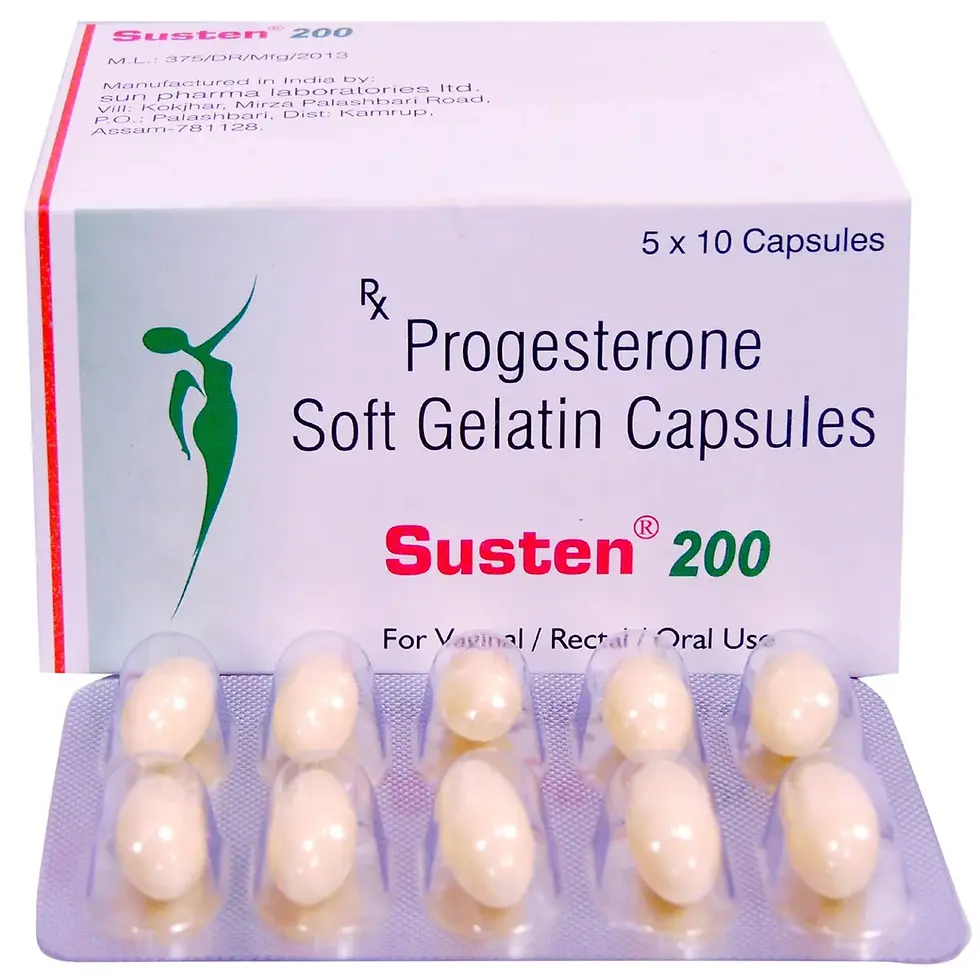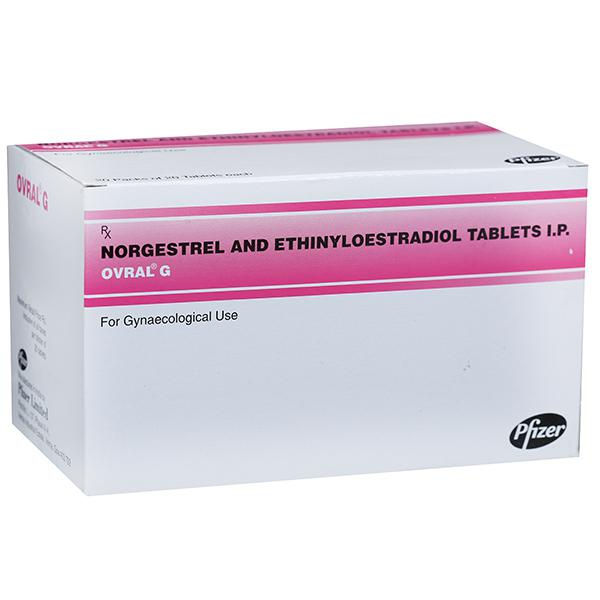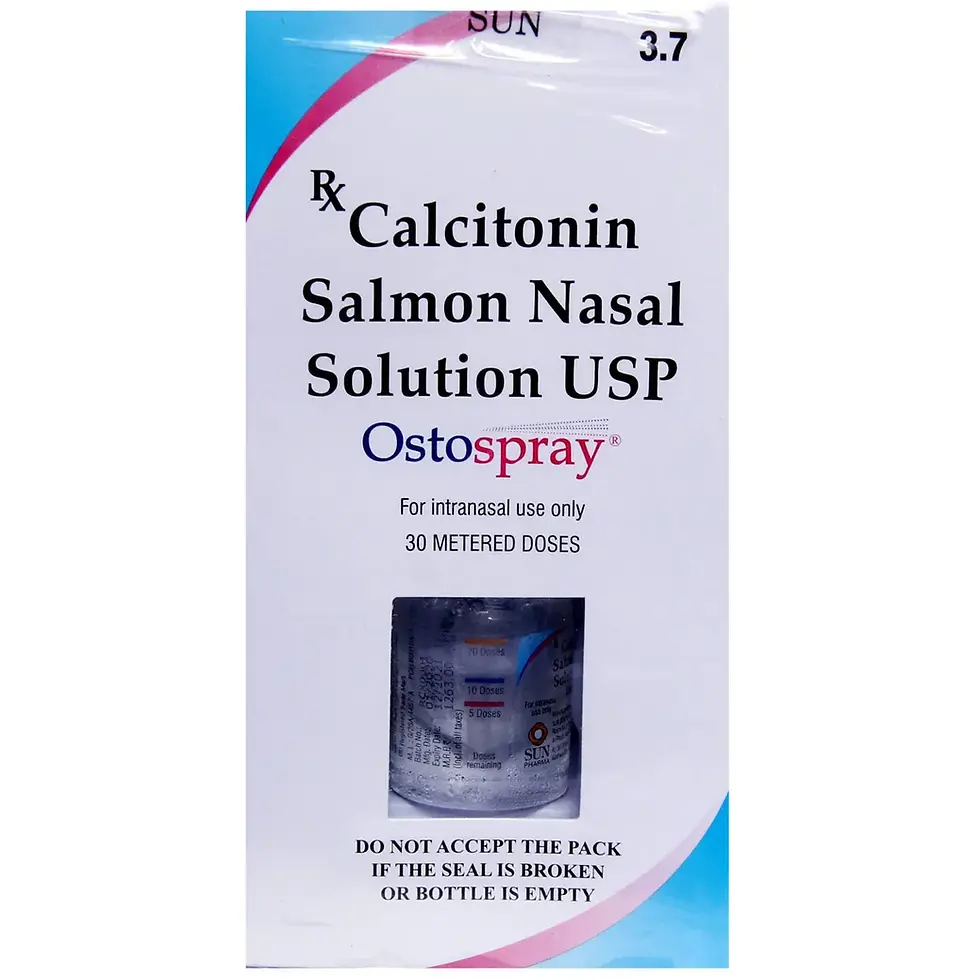Women Care encompasses a range of products and supportive regimens tailored specifically for female anatomy and physiology. This includes items for menstrual cycle comfort (pain relief, cycle regulation), intimate hygiene (gentle cleansers, probiotics), hormonal balancing supplements (vitamin-mineral complexes, herbal extracts), and supportive measures for life transitions such as perimenopause and menopause. By addressing both daily maintenance and cyclical changes, Women Care promotes gynecological health, comfort, and confidence.
-
Menstrual Discomfort: Cramping, lower abdominal ache, and back tension during menses.
-
Irregular Cycles: Variations in cycle length, unexpected spotting, or flow intensity.
-
Premenstrual Syndrome (PMS): Bloating, mood swings, breast tenderness, and mild fatigue in the luteal phase.
-
Vaginal Irritation or Discharge Changes: Mild itching, burning, or altered consistency/color of discharge indicating imbalance.
-
Hot Flashes & Night Sweats: Sudden warmth, perspiration, or flush in perimenopause/menopause.
-
Vaginal Dryness: Reduced natural lubrication leading to discomfort or mild itching, common after age 40 or during hormonal shifts.
These signs may occur individually or in combination and often overlap with life stage changes such as puberty, postpartum, or menopause.
-
-
Hormonal Fluctuations: Cyclical changes in estrogen and progesterone during menstrual and menopausal transitions.
-
Infections or Imbalance: Overgrowth of certain bacteria or yeast in the vaginal environment leading to irritation or abnormal discharge.
-
Stress & Lifestyle: Chronic emotional stress, irregular sleep, and poor dietary habits can disrupt hormone production and cycle regularity.
-
Nutrient Deficiencies: Low levels of iron, vitamin D, magnesium, or B-complex vitamins can worsen fatigue, cramps, and mood swings.
-
Age-Related Changes: Declining estrogen production in perimenopause and menopause contributes to hot flashes, dryness, and bone density loss.
-
Physical Strain & Sedentary Habits: Excessive high-impact exercise or prolonged sitting can exacerbate pelvic discomfort and cycle irregularities.
Understanding these root factors guides selection of supportive products and lifestyle adaptations.
-
-
Dietary Choices: High-salt or high-caffeine intake can worsen water retention, breast tenderness, and irritability before menstruation.
-
Heat or Spicy Foods: May intensify hot flashes or night sweats during menopausal transition.
-
Complete Rest Deprivation: Poor sleep exacerbates mood swings, fatigue, and cycle irregularity.
-
Inadequate Hydration: Can contribute to bloating, cramping, and urinary discomfort.
-
Tight or Synthetic Clothing: Restrictive fabrics may increase warmth and moisture in the intimate area, promoting irritation or imbalance.
-
Emotional Stressors: Elevated stress levels often precipitate earlier PMS symptoms, cycle unpredictability, or worsen mood symptoms.
By recognizing and minimizing these triggers, many discomforts can be reduced without medical intervention.
-
-
Body Mass Index (BMI): Weight (kg) divided by height (m²).
-
Overweight: BMI 25–29.9 kg/m²
-
Obesity: BMI ≥30 kg/m²
-
-
Waist Circumference: Measurement at the midline between the lowest rib and the top of the hip—values above 40 inches (men) or 35 inches (women) indicate elevated risk of metabolic complications.
-
Body Composition Analysis:
-
Bioelectrical Impedance Analysis (BIA) or Skinfold Calipers to estimate percent body fat versus lean mass.
-
-
Metabolic Panel:
-
Fasting glucose, lipid profile, liver enzymes, and thyroid function tests to screen for underlying metabolic or endocrine contributors.
-
-
Clinical Assessment:
-
Review of dietary history, physical activity levels, sleep patterns, and psychosocial factors.
-
Blood pressure measurement and mental‐health screening to detect early complications.
-
These evaluations guide personalized target setting and choice of supportive therapies.
-
Supportive Women Care often includes gentle, pH-balanced intimate washes (e.g., lactic acid-based cleansing solutions used once daily) and probiotic suppositories or oral probiotics (Lactobacillus strains, 1–2 billion CFU daily) to maintain vaginal flora balance and prevent mild irritation. For menstrual discomfort, nonsteroidal anti-inflammatory agents (e.g., Ibuprofen 200–400 mg every 6 hours as needed) along with magnesium (200–400 mg at bedtime) and vitamin B6 (50–100 mg daily) can reduce cramps and mood swings. Cycle regulators such as a natural herbal blend (e.g., chasteberry extract 20–40 mg once daily) support balanced hormone levels and more predictable flow patterns over 2–3 months. In perimenopause or menopause, phytoestrogen-rich supplements (e.g., black cohosh 40 mg twice daily) combined with vitamin D (2,000 IU daily) and calcium (500 mg twice daily) help ease hot flashes and support bone health. Vaginal lubricants or moisturizers (e.g., hyaluronic acid gel) relieve dryness when needed. Behavioral strategies—consistent sleep schedules, stress management techniques (yoga, mindfulness), and a diet rich in omega-3 fatty acids—complement these measures for comprehensive well-being.
Q1: How can I reduce menstrual cramping without prescription therapy?
Gentle exercise (walking or yoga), heat application (heating pad on lower abdomen), and over-the-counter nonsteroidal anti-inflammatory agents (e.g., Ibuprofen 200–400 mg every 6 hours as needed) can significantly reduce cramps. Supplementing with magnesium (200 mg at bedtime) or vitamin B6 (50 mg daily) often eases tension and mood symptoms.
Q2: What can I do for mild vaginal irritation and abnormal discharge?
Use a pH-balanced intimate wash once daily instead of harsh soaps, and consider an oral or vaginal probiotic containing Lactobacillus (1–2 billion CFU daily) for 14–21 days. Avoid tight synthetic fabrics and opt for breathable cotton underwear. If symptoms persist beyond one week, consult a clinician for further evaluation.
Q3: How do I manage hot flashes and night sweats naturally?
Maintain a cool sleeping environment, dress in lightweight layers, and limit spicy or caffeinated foods. Phytoestrogen supplements (e.g., black cohosh 40 mg twice daily) and regular, moderate exercise can reduce severity over several weeks. Consistent sleep hygiene—avoiding electronic screens before bed—also helps.
Q4: Are there supplements that support hormonal balance and cycle regularity?
Chasteberry extract (20–40 mg once daily) for 2–3 months can help stabilize luteal phase symptoms and promote more predictable cycles. Additionally, a balanced B-complex vitamin (including vitamins B6 and B12) supports overall hormone metabolism. Always take under guidance, as full benefits often require 8–12 weeks.
Q5: How can I maintain intimate hygiene without disrupting natural balance?
Use a gentle, fragrance-free intimate cleanser with lactic acid or mild surfactants once daily. Rinse thoroughly with lukewarm water and pat dry. Avoid douching or strong antiseptic washes. Change pads or liners regularly during menstrual flow. If dryness occurs, a water-based vaginal moisturizer (hyaluronic acid gel applied twice weekly) can restore comfort.

































































